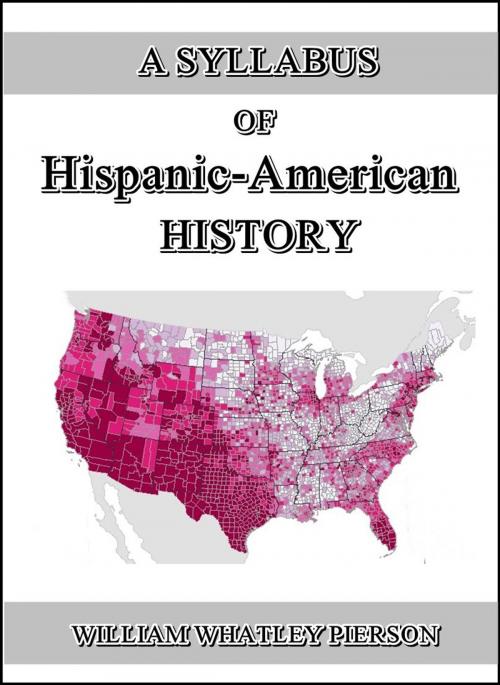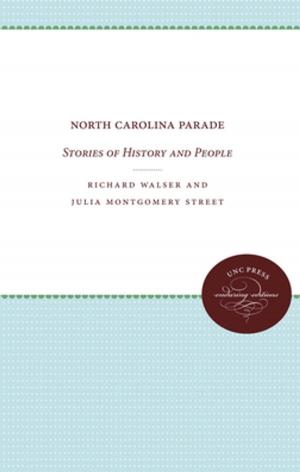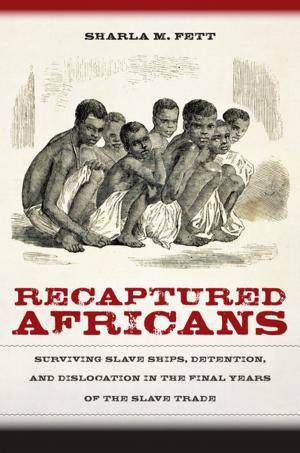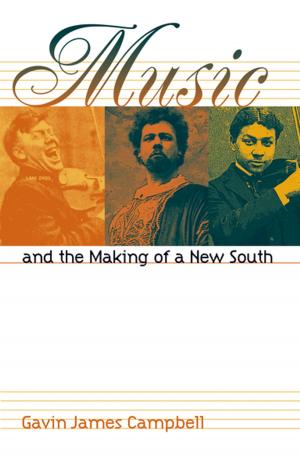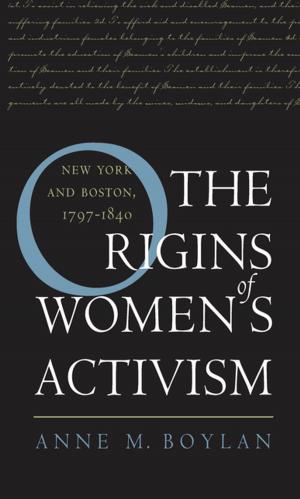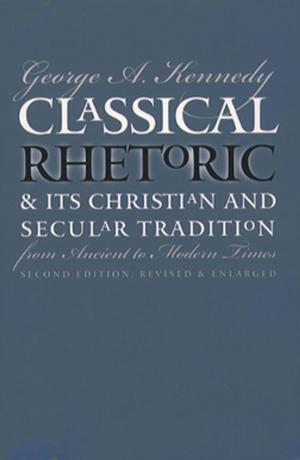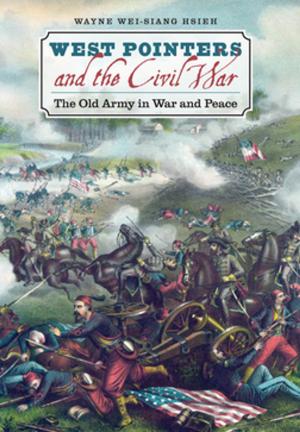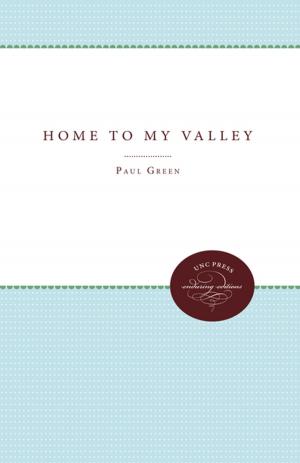A Syllabus of Hispanic-American History
Nonfiction, History, Revolutionary, Spain & Portugal, Social & Cultural Studies, Social Science, Cultural Studies, Ethnic Studies| Author: | William Whatley Pierson | ISBN: | 1230000225374 |
| Publisher: | THE UNIVERSITY OF NORTH CAROLINA | Publication: | March 15, 2014 |
| Imprint: | Language: | English |
| Author: | William Whatley Pierson |
| ISBN: | 1230000225374 |
| Publisher: | THE UNIVERSITY OF NORTH CAROLINA |
| Publication: | March 15, 2014 |
| Imprint: | |
| Language: | English |
A Syllabus of Hispanic-American History
This syllabus is designed primarily for the use of students of the University of North Carolina as a guide to the introductory study of Hispanic-American history. In it an effort has been made to provide for as general and comprehensive a study of Hispanic-American civilization as the time limits of a single one year's course would permit. In such a process, of course, selection and rejection of data were necessary. The student seeking to specialize will, therefore, find it possible and easy to elaborate and amplify each of the chapters and sections into which the outline has been divided. Despite such comprehensiveness as was mentioned, the writer has endeavored to emphasize the institutional and economic aspects. The necessity of elimination and the effort at emphasis have resulted in the relegation of political history, particularly that of the colonial period, to a position of comparatively less prominence and significance than some might expect. For this the writer must plead necessity.
In view of the great contemporary interest in Hispanic America no case for the study of its history need be made—if such, indeed, is required for any field of history. That interest in the United States has been in part due to the construction of the Panama Canal and to the increasing importance in diplomacy of the Caribbean area, and in part it may be ascribed to the exigencies and effects of the World War which have made people conscious of trade opportunities formerly non-existent or, if existent, not fully recognized; and many have thus concluded that the diplomatic, political, and economic importance of Hispanic America has made of prime necessity a thorough study and a sympathetic understanding of its past history and institutions. These facts and this new consciousness may indicate the opening of another period in the history of the Western Hemisphere, which will doubtless have a distinctly inter-American emphasis. The field of Hispanic-American history has until recent years been little known to and too often neglected by the undergraduate student in the universities,—if, indeed, courses in such history have been offered. It is, in the opinion of the writer, however, a field not lacking in comparative importance, interest, and cultural value with those better known. It is hoped and confidently expected that the interest in the history and institutions of the Hispanic-American countries recently engendered by the consciousness that these countries have become potent economic and political[Pg 4] factors in the modern world will be abiding. Hispanic-American history as a standard course will have much justification, for the part which the peoples of the southern republics will play in the future, as Viscount Bryce recently said, "must henceforth be one of growing significance for the Old World as well as for the New."
A Syllabus of Hispanic-American History
This syllabus is designed primarily for the use of students of the University of North Carolina as a guide to the introductory study of Hispanic-American history. In it an effort has been made to provide for as general and comprehensive a study of Hispanic-American civilization as the time limits of a single one year's course would permit. In such a process, of course, selection and rejection of data were necessary. The student seeking to specialize will, therefore, find it possible and easy to elaborate and amplify each of the chapters and sections into which the outline has been divided. Despite such comprehensiveness as was mentioned, the writer has endeavored to emphasize the institutional and economic aspects. The necessity of elimination and the effort at emphasis have resulted in the relegation of political history, particularly that of the colonial period, to a position of comparatively less prominence and significance than some might expect. For this the writer must plead necessity.
In view of the great contemporary interest in Hispanic America no case for the study of its history need be made—if such, indeed, is required for any field of history. That interest in the United States has been in part due to the construction of the Panama Canal and to the increasing importance in diplomacy of the Caribbean area, and in part it may be ascribed to the exigencies and effects of the World War which have made people conscious of trade opportunities formerly non-existent or, if existent, not fully recognized; and many have thus concluded that the diplomatic, political, and economic importance of Hispanic America has made of prime necessity a thorough study and a sympathetic understanding of its past history and institutions. These facts and this new consciousness may indicate the opening of another period in the history of the Western Hemisphere, which will doubtless have a distinctly inter-American emphasis. The field of Hispanic-American history has until recent years been little known to and too often neglected by the undergraduate student in the universities,—if, indeed, courses in such history have been offered. It is, in the opinion of the writer, however, a field not lacking in comparative importance, interest, and cultural value with those better known. It is hoped and confidently expected that the interest in the history and institutions of the Hispanic-American countries recently engendered by the consciousness that these countries have become potent economic and political[Pg 4] factors in the modern world will be abiding. Hispanic-American history as a standard course will have much justification, for the part which the peoples of the southern republics will play in the future, as Viscount Bryce recently said, "must henceforth be one of growing significance for the Old World as well as for the New."
